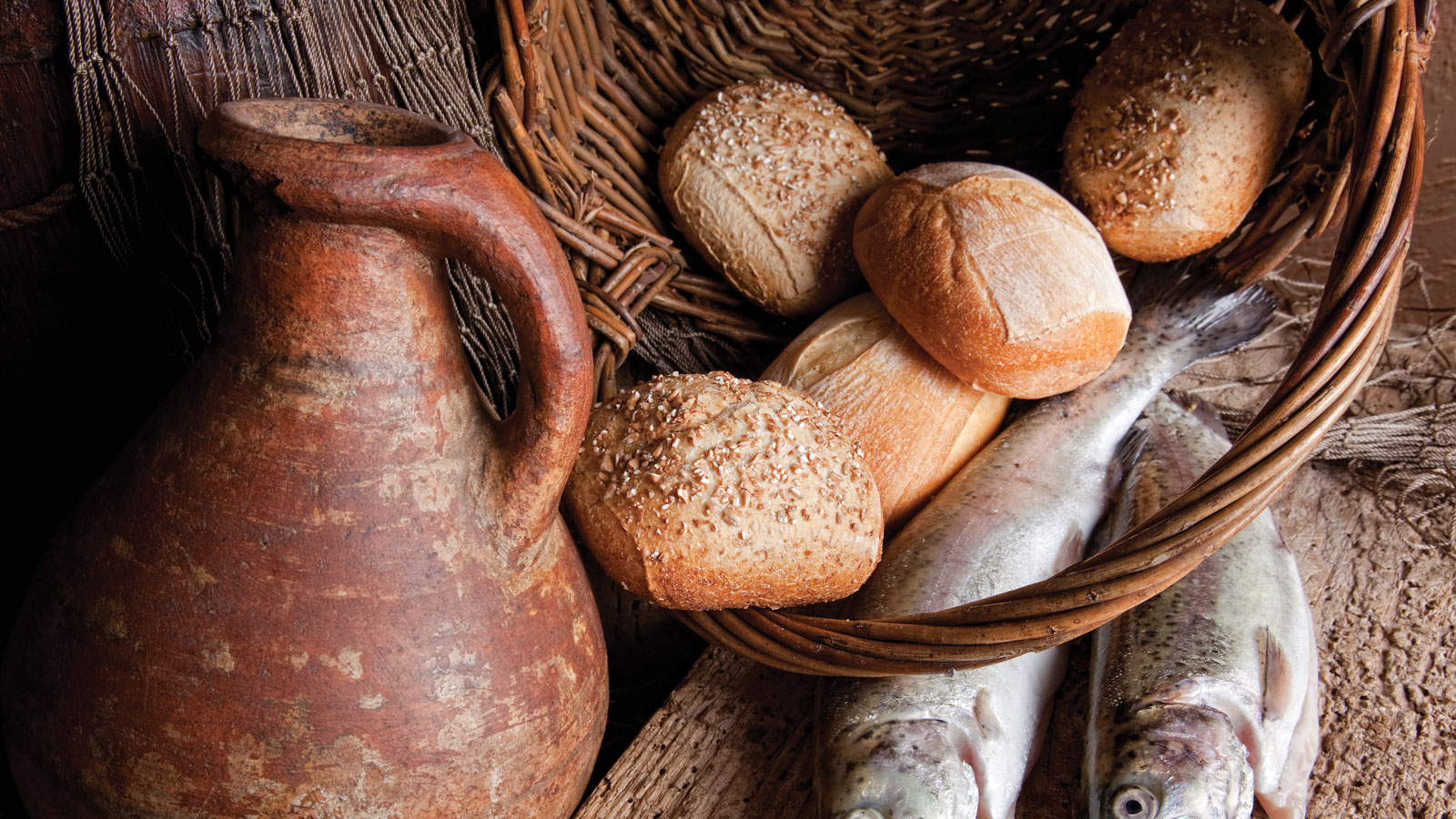We often dwell in apprehension that we may lack the necessary provisions.
Recalling a moment from the early days of my marriage, my husband and I, accompanied by a friend, ventured into downtown Chicago for a leisurely walk. As the evening drew near, hunger set in, yet we struggled to locate a restaurant. Eventually, we chanced upon Dunkin’ Donuts and purchased a donut and a carton of milk to curb my hunger.
Planning to stop at a restaurant on our way out of the city, I unintentionally dozed off in the back seat. Upon awakening, I found myself engulfed in darkness with no city lights in sight, sparking a sense of panic.
Despite my pleas for food earlier, my companions decided to keep driving without waking me. Desperate, I urged them to stop at any place serving food. Eventually, we pulled up at a modest convenience store where I opted for a block of cheese.
Amidst skepticism from my husband about eating the cheese without a knife, I simply unwrapped it and took a hearty bite, proving my point.
While this incident is now a source of amusement when recounted with our friend, the seriousness of my hunger was palpable at that moment.
In the Gospel of John, chapter 6, Jesus’ disciples encounter a comparable challenge.
During one of his teachings near the Sea of Galilee, Jesus found himself amidst a vast crowd. Seated with his disciples on a mountain, Jesus observed as a multitude of 15,000 individuals gathered below, reminiscent of a packed Mizzou Arena.
When Jesus inquired about procuring bread for the crowd, the disciples expressed doubt. However, one disciple mentioned a boy with five loaves of bread and two fish. Jesus instructed the people to sit down while he prepared to address their needs. Following a miraculous distribution of the loaves and fish, with an abundance remaining, the disciples collected twelve baskets of leftovers.
This act of provision by Jesus left the crowd awe-struck, leading them to acknowledge him as a prophet. Concerned that they might try to make him king by force, Jesus retreated.
The following day, the crowd sought out Jesus in Capernaum, initiating a dialogue in the synagogue where Jesus provided profound answers to their inquiries, often addressing unspoken questions.
Jesus emphasized the distinction between physical sustenance and spiritual nourishment, highlighting the significance of feeding the inner being. He proclaimed himself as the bread of life, offering eternal satisfaction to those who believe in him.
Despite Jesus’ attempts to convey his divine nature and purpose, the crowd struggled to grasp his message. Through the metaphor of being the bread of life, Jesus foreshadowed his sacrificial death and resurrection, paving the way for eternal life in his presence.
Jesus aimed to show that he was not merely a provider of needs but the ultimate fulfillment of all desires.
If you find yourself spiritually empty or burdened by worldly concerns, Jesus promises to satisfy your hunger and quench your thirst permanently.
Recognize that God perceives your needs and offers himself as the sustainer of life. Will you entrust your needs to him today?

Beth Bramstedt serves as the Church Life Pastor at Christian Fellowship.
